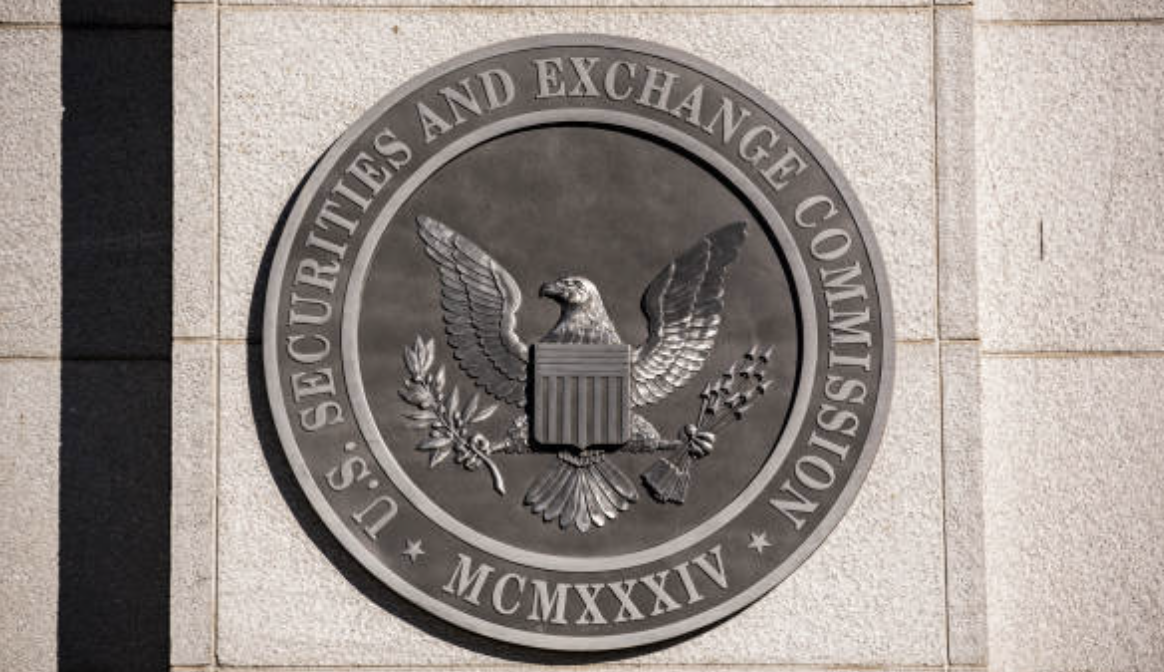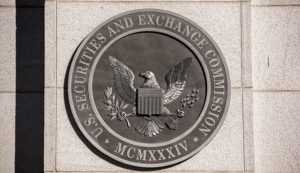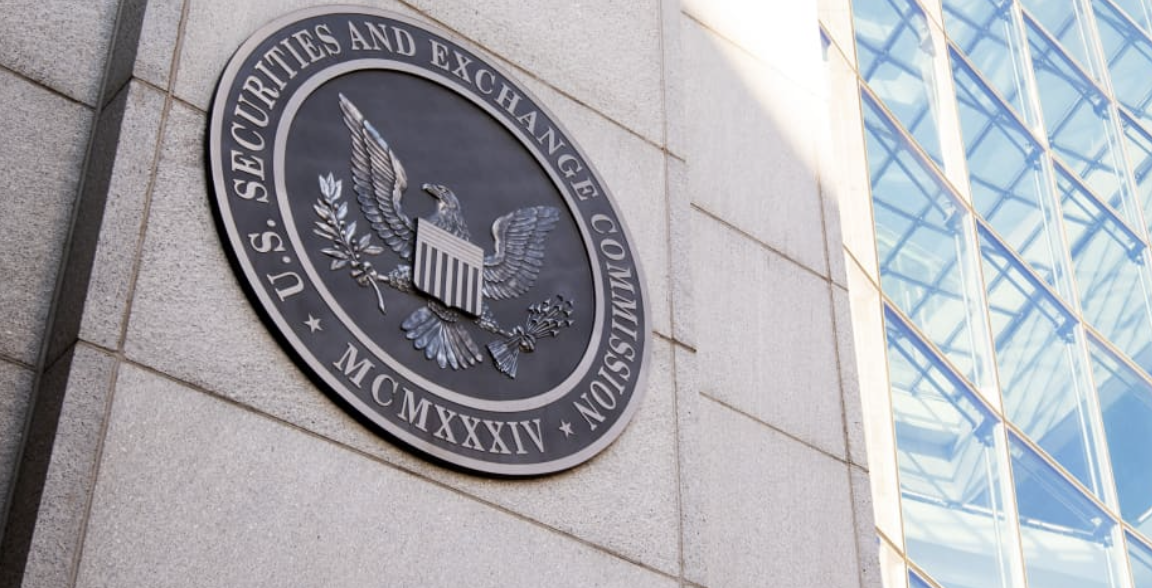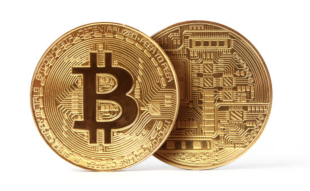Join Our Telegram channel to stay up to date on breaking news coverage
In recent months, the Securities and Exchange Commission (SEC) has made unilateral claims regarding the classification of certain crypto assets as securities in unrelated lawsuits. However, critics argue that the agency lacks a comprehensive understanding of the underlying technology behind these tokens, thereby casting doubt on its assertions.
SEC’s Misclassification of Crypto Assets Sparks Concerns and Reveals Knowledge Gaps
The SEC’s lawsuit against Coinbase, which accused the platform of violating securities laws, included a list of 12 additional crypto tokens that the agency considers securities.
This legal action against Coinbase, announced shortly after similar charges were brought against Binance, primarily focuses on allegations that Coinbase facilitated the trading of unregistered securities and operated unregistered brokerage services. Notably, Coinbase had not removed any of the aforementioned assets from its platform at the time of publication.
In the SEC’s lawsuit against Binance, the agency identified ten tokens, apart from Binance’s native BNB and BUSD tokens, as securities. The tokens mentioned in the complaint are SOL, ADA, MATIC, FIL, ATOM, SAND, MANA, ALGO, AXS, and COTI.
A closer analysis reveals that the SEC’s understanding of crypto tokens is flawed. By designating crypto assets as securities, the SEC subjects them to the same regulatory framework as stocks and bonds, but the regulator’s reasoning remains unclear and, in some cases, inaccurate.
The recent lawsuit against Binance highlights significant inaccuracies underlying the SEC’s actions, indicating a general lack of understanding regarding the relationship between individual tokens and protocols.
One specific example involves the SEC’s assertion regarding the substantial contribution of the “New Tendermint” to the ATOM token, which many have contradicted.
Zaki Manian, who is the co-founder of Sommelier Finance, a protocol operating within the Cosmos ecosystem, provided clarification that the mere act of creating a website and making claims of contributing to Cosmos does not necessarily indicate genuine involvement or contribution.
Furthermore, the SEC’s assertion that the Interchain Foundation sold ATOM tokens in 2017 is factually incorrect. The Cosmos Hub, responsible for issuing ATOM tokens, was launched in March 2019, and transfers of ATOM tokens were not possible until after an April 2019 hard fork.
According to Manian, the ATOM token itself fails to meet the SEC’s criteria for classification as a security under the Howey test because the founding entity isn’t there anymore. The Howey test considers whether investors can reasonably expect growth derived from the efforts of others and anticipates profits typically originating from the security’s creators.
SEC Designation of SOL and MATIC Tokens as Securities
The SEC has designated tokens such as SOL and MATIC as securities, citing their “deflationary model” as a contributing factor. The SEC claims that the promotion of burning SOL tokens within the Solana network’s deflationary mechanism has created the perception among investors that purchasing these tokens could yield profits, considering the potential increase in price resulting from a reduction in supply.
However, the SEC overlooks an important distinction made by Anatoly Yakovenko; the author cited in their claim. Yakovenko clarifies that SOL transaction fees are burned, a crucial aspect of the blockchain’s operation.
Contrary to the SEC’s assertion, the Solana Foundation’s economic documents state that the SOL token is actually an inflationary asset.
The SEC additionally makes comparisons to Polygon’s MATIC token, alleging that Polygon has promoted the burning of MATIC tokens acquired as fees, leading to a reduction in the overall token supply.
These purported “deflationary models” utilize a price modulation approach reminiscent of Ethereum’s EIP-1559, which seeks to alleviate congestion by burning transaction fees. This mechanism serves as a safeguard against fee manipulation by block builders, ensuring fair treatment of protocol users.
Polygon’s MATIC token, in particular, closely resembles Ethereum and its fee structure. Matt Cutler, co-founder, and CEO of Web3 infrastructure company Blocknative, explains that if EIP-1559 is a concern, it applies equally to Ethereum because the mechanism functions in the same manner.
Before EIP-1559, only market forces determined the ETH gas fees, resulting in unpredictability and potential manipulation. EIP-1559 introduced a base fee that investors must pay in the network’s native token to include transactions on the blockchain. For Polygon, this fee would be paid in MATIC.
Regarding MATIC, one could argue that its fixed supply implies a deflationary effect, but the reason for burning tokens is more complex. The SEC focuses on a narrow aspect of a broader topic without considering other rationales and benefits. Cutler explains that EIP-1559 exists not solely to drive up prices but as a more effective, equitable, and user-friendly mechanism compared to its predecessor.
But SOL devs quickly came out to say that the token is not a security.
Solana Foundation says $SOL is 'Not a security'
— WhaleFUD (@WhaleFUD) June 9, 2023
Related Articles
- How to Buy Polygon (MATIC)
- How to Buy Solana
- Coinbase CEO Brian Armstrong Takes to Social Media to Counter SEC Lawsuit Claims
Best Wallet - Diversify Your Crypto Portfolio
- Easy to Use, Feature-Driven Crypto Wallet
- Get Early Access to Upcoming Token ICOs
- Multi-Chain, Multi-Wallet, Non-Custodial
- Now On App Store, Google Play
- Stake To Earn Native Token $BEST
- 250,000+ Monthly Active Users
Join Our Telegram channel to stay up to date on breaking news coverage



